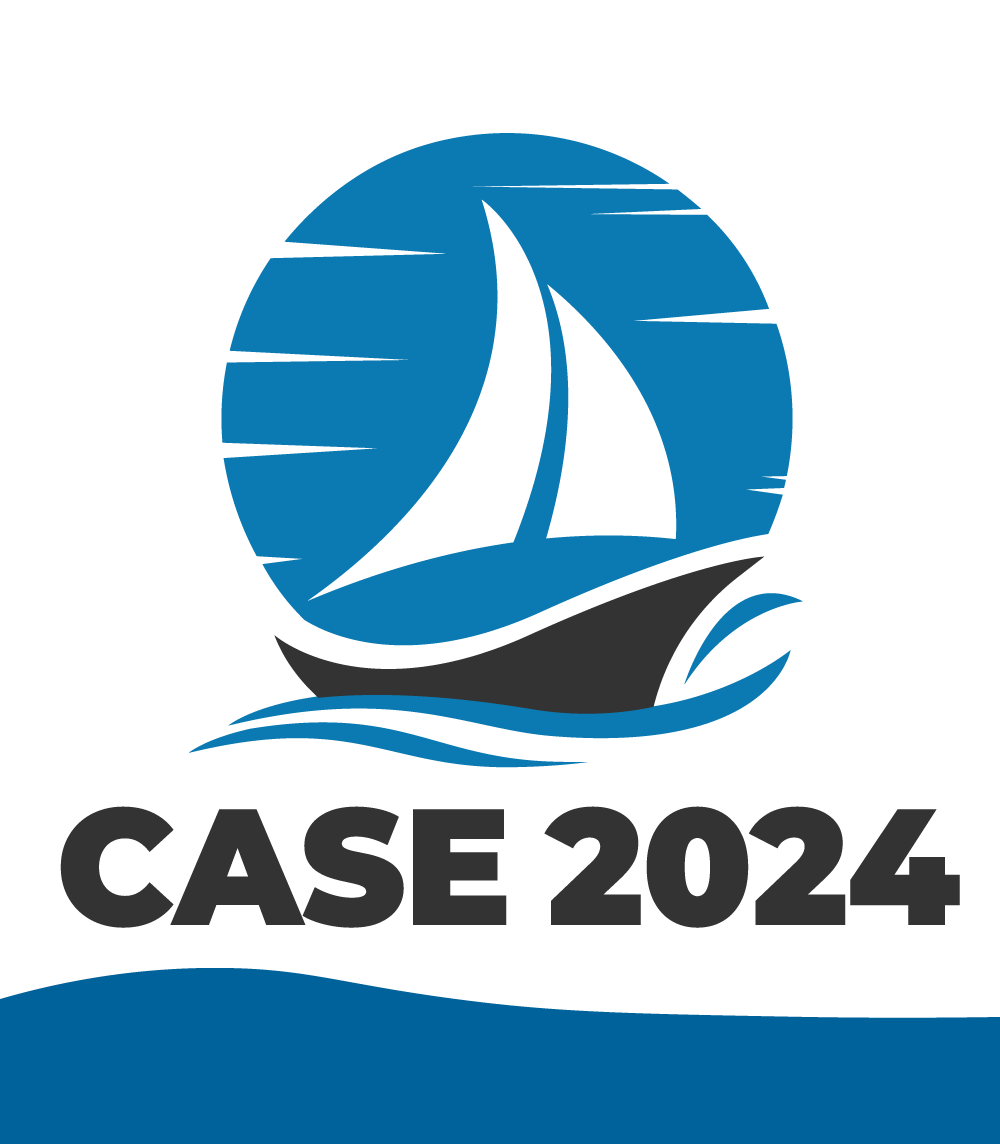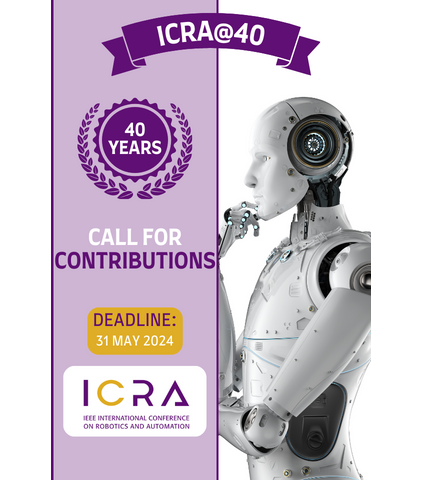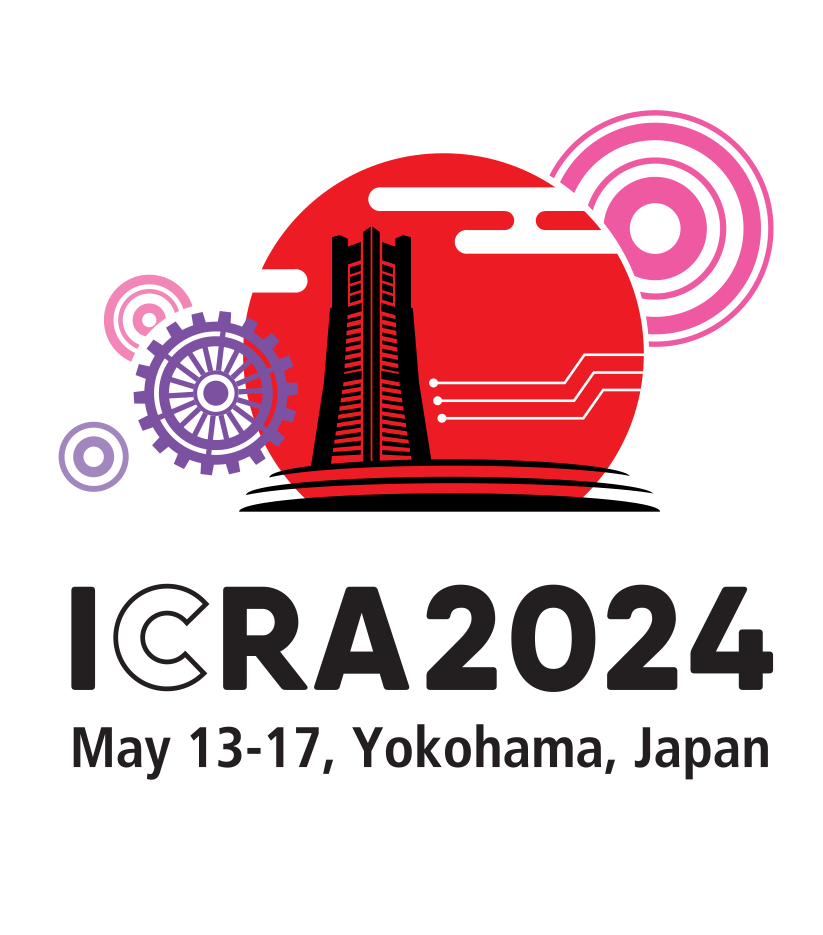Special Issue on Micro-Assembly for manufacturing at small scales
A special issue of the IEEE Transactions on Automation Science and Engineering.
Introduction
Microelectronics brought an information revolution through integrating an incredible number of microscopic transistors on single chips. Since this first revolution, huge progresses have been made through the miniaturization and integration of mechanical and/or optical functions in addition to electrical ones. These products are now generally called MEMS or MOEMS (Micro-Opto-Electro-Mechanical-Systems). Accelerometers, inject printer heads, micro-mirrors, micro-relays, pressure sensors are the most known and widespread MEMS. Such products are fabricated using microfabrication processes based on successive and well mastered steps such as thin film deposition, patterning and etching of wafers. Nevertheless, a new generation of MEMS is definitely moving toward highly integrated, more complex and increasingly miniaturized products.
Due to the short life cycle of most new and high-tech products, they have to be produced in smaller and customized batches. Even though microfabrication technology has shown impressive progress during the last decade, where processes are much better known and lots of new materials have been introduced, many limitations remain and are extremely difficult to overcome, especially concerning processes and materials incompatibilities. For those two reasons, micro-assembly, i.e. the 3D integration of hybrid M(O)EMS components (from few µm to few hundreds of µm in size) together, is a natural and powerful approach to overcome those processes incompatibilities and to facilitate complex, heterogeneous, 3D, or out of plane integration. By using basic micro components, micro-assembly thus constitutes a new alternative of MEMS production that may lead to cost saving and shorter development cycle times.
Previous developments enabled lots of proof of concepts (actuators, sensors, gripping principles and tools, control, manipulation...). However, micro-assemblies performed automatically and/or with acceptable yields are, at the same time, extremely recent and challenging topics. It notably requires to simultaneously consider microfabrication tolerances (M(O)EMS components to assemble, handling tools…), robots uncertainties, sensors integration, reliable control, bonding and metrology aspects, where all of these aspects are specific at the microscale (lack of sensors and adapted gripping tools, small signal to noise ratio, use of non linear actuators, surface force predominance...).
Scope, Description, and More Information
Original and unpublished high-quality research results are solicited to explore and boost the new areas relevant to Assistive Robotics. Topics of interest include (but are not limited to):
- Robotic Micro-Assembly
- Self-Assembly Techniques
- Hybrid Micro-Assembly
- Force and/or Position (including vision) based Automated Micro-Assembly
- Open-Loop Automated Micro-Assembly
- Packaging of M(O)EMS
- Novel Control Tools for Micro-Assembly Systems
- Joining of Microscale Components
- Assembled M(O)EMS Products
- Microfactory
- Calibration of Micro-Assembly Platforms Metrology for M(O)EMS Characterization
- Sensor Fusion for Micro-Assembly
Important Dates
| Call for Papers | November 15, 2011 |
| Deadline for Paper Submission | June 15, 2012 (extended) |
| First Review | July 15, 2012 |
| Final Review | October 15, 2012 |
| Publication | July 2013 |
Guest Editors
Karl Bohringer
Guest Editor

University of Washington, Department of Electrical Engineering
![]() Seattle (WA), United States
Seattle (WA), United States
![]()
![]() +1 206 543 3842
+1 206 543 3842
![]()
![]()
![]() http://www.ee.washington.edu/faculty/karl/
http://www.ee.washington.edu/faculty/karl/
![]()
Philippe Lutz
Guest Editor

University of Franche Comte, Automatic Control and Micro-Mechatronic Systems Department
![]() France
France
![]()
![]()
![]() philippe.lutz@femto-st.fr
philippe.lutz@femto-st.fr
![]()
![]()
![]()
Dan Popa
Guest Editor

University of Texas - Arlington, Department of Electrical Engineering
![]() Arlington, TX, United States
Arlington, TX, United States
![]() +1 817 272 5982
+1 817 272 5982
![]() +1 817 272 5952
+1 817 272 5952
![]() popa@uta.edu
popa@uta.edu
![]()
![]()
![]()
Quan Zhou
Guest Editor

![]() AALTO, Finland
AALTO, Finland
![]() +358 9 470 25241
+358 9 470 25241
![]()
![]() quan.zhou@aalto.fi
quan.zhou@aalto.fi
![]()
![]()
![]()
Cédric Clévy
Guest Editor

Université of Franche-Comté![]() France
France
![]()
![]()
![]() cclevy@femto-st.fr
cclevy@femto-st.fr
![]()
![]()
![]()







